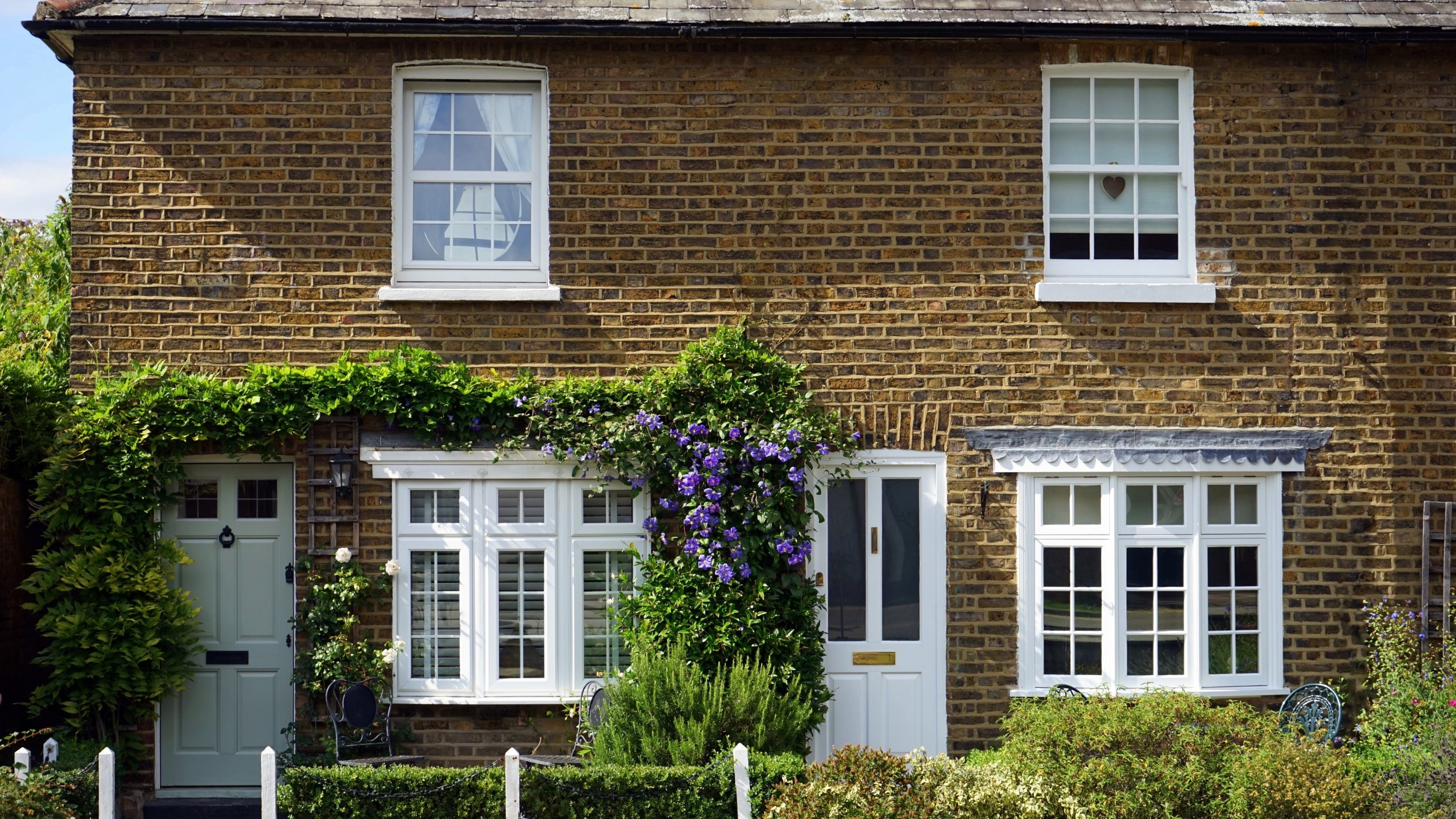

Proposed changes to the main residence relief from CGT have been confirmed in the government’s draft Finance Act. They take effect for disposals after 5 April 2020 and will be bad news for some home-owners. Likely to be worst affected are those who have kept and let a former home after moving on.
Most home-owners are aware that, if they sell the property they live in and make a gain on it, that gain is exempt from CGT. What is less well known is that the relief is also available in some circumstances when the owner does not live in the property. Those circumstances are about to get much more restricted and, inevitably, some home-owners will pay more tax as a result.
Firstly, if you let a property which has been your main residence, at the moment you can claim lettings relief of up to £40,000 per person, so £80,000 maximum for a couple. This can be very helpful for people who, for example, need to let their home while they work elsewhere. From April next year the relief is limited to cases where at any time in the seller’s period of ownership, the owner and tenant have shared occupancy of the property. Shared occupancy will be unusual and is likely to be an unattractive prospect for both tenant and landlord. So, effectively; the new rules will abolish lettings relief.
The second relief set to change is for the final period of ownership. Currently main residence relief is available for the last 18months of ownership of a property, whether or not you actually live in it during this period. The final period exemption is designed to help people who may have difficulty selling in a sluggish property market, but need to move before selling their old property – for schools or work for example. The period was 3 years until April 2014.
The final exempt period is shrinking again, from 18months to 9months which, according to HMRC, is still twice the length of an average property transaction. The change comes at a time of uncertainty for the UK property market when, according to surveys, the average time a property is on the market is rising. The effect is, once again, to curtail a helpful relief and possibly put stressed home-owners under more pressure.
The net result is that it’s going to be more difficult for those who have had periods of letting and non-occupation of their property to avoid CGT on a gain after 5 April 2020. There’s an element of retrospection involved too as the trigger for the new rules is the date of disposal rather than the period when the property was unoccupied or let. For capital gains tax purposes disposal usually occurs at exchange rather than completion and so there could be very different tax results from exchanges either side of 5 April 2020.
The advice for anyone who’s been in and out of occupation of a property and is now looking to sell it is therefore to consider whether the timing can be controlled or planning put in place to capture the benefits of the present regime.
If you’re concerned about CGT on the sale of your property, please contact Clare Munro claremunro@lubbockfine.co.uk or Aidan Meade aidanmeade@lubbockfine.co.uk